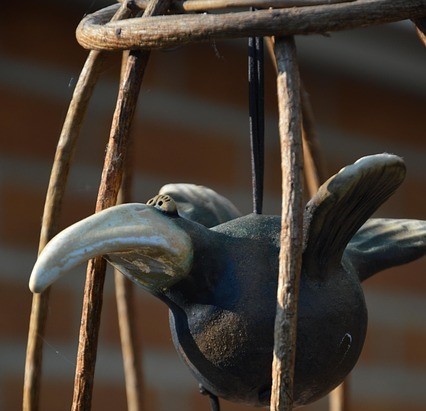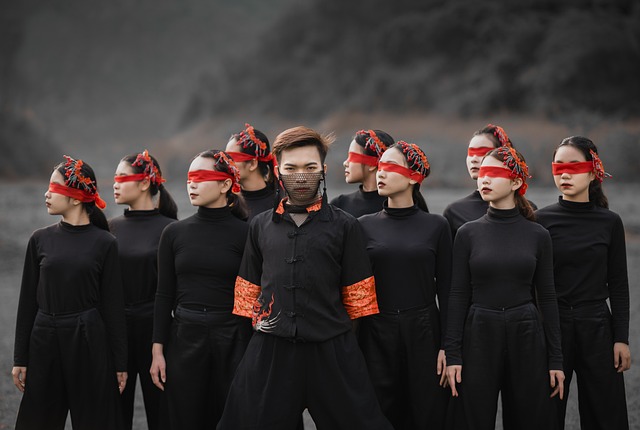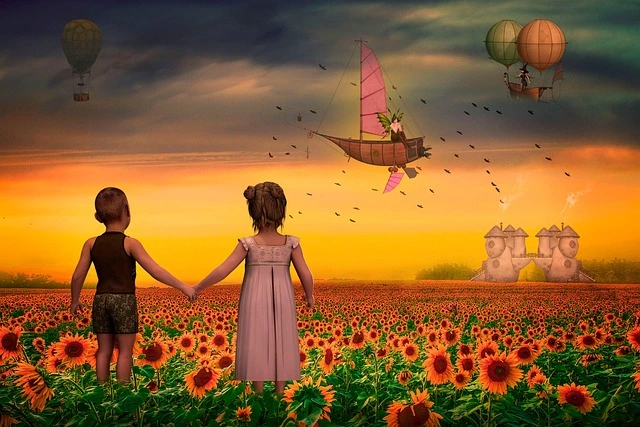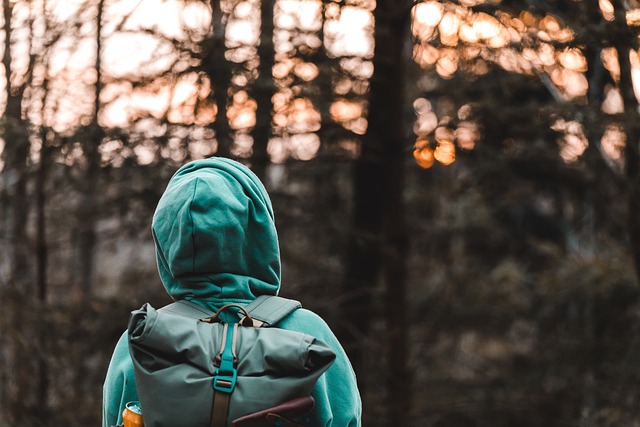There are moments in life when we feel stuck—trapped in situations, patterns, or relationships that seem impossible to escape. We look around, desperate for someone to unlock the door and set us free. We wait. We plead. We blame. We convince ourselves that someone else is holding the key.
But what if the truth is that we have been holding it all along?
What if the cage isn’t locked at all?
The mind is powerful. It can build prisons just as easily as it can create freedom. Many of us are trapped in cages of our own making, not because we want to be, but because we’ve been conditioned to believe that we can’t leave. We stay in toxic relationships because we believe we need the other person’s permission to walk away. We tolerate mistreatment because we think our worth is tied to how much we can endure. We silence our voices because we’ve been told that speaking up will have consequences. We wait for validation, approval, or rescue, forgetting that we are fully capable of choosing ourselves.
These cages are built from fear, self-doubt, obligation, and old wounds. And when we internalize the belief that someone else controls our freedom, we stop looking for the key. But the key was never lost. It was never in someone else’s hands. It has always been with us.
If the door was never truly locked, why do we feel so trapped?
Freedom means change, and change is unpredictable. The cage may be limiting, but at least it’s familiar. Stepping out into the unknown—whether that’s leaving a toxic relationship, setting a hard boundary, or choosing self-worth—can feel terrifying. From an early age, many of us are taught that our value is tied to how much we please others. We learn that saying “yes” keeps us safe, that sacrificing ourselves makes us worthy, that obeying unspoken rules earns us love. So we hand over the key, thinking that freedom is something given, not something taken.
Guilt and obligation can be some of the strongest locks on the cage. We tell ourselves we can’t leave because someone else needs us. We convince ourselves that setting a boundary is selfish. We hesitate because we don’t want to disappoint anyone. But love, respect, and connection should never require self-abandonment. If staying caged means losing yourself, it’s not healthy love—it’s a trap.
Sometimes, we tell ourselves we can’t leave because it’s easier than admitting that we won’t. Because if we acknowledge that we have the key, then we have to take responsibility for using it. And taking responsibility means facing the truth about what needs to change. But here’s the thing: You are not powerless. You never were.
Freedom starts with realizing that you are not waiting on permission. You do not need someone else to unlock the door. The moment you decide to free yourself, you already have. The only thing holding you back is a belief you haven’t questioned. Who told you that you can’t walk away? Who benefits from you believing that you’re trapped? What would you do if you truly believed you were free?
Not everyone will be happy when you step out of the cage. Some may guilt you. Some may get angry. Some may try to pull you back. Allow them. Allow them to misunderstand you. Allow them to talk. Let them go. Your freedom does not require their approval.
You don’t have to break free all at once. Sometimes, the door opens with one small step: saying “no” without over-explaining, choosing yourself over guilt, admitting what you truly want, walking away from what no longer serves you. Each step is proof that you are not trapped. You are choosing.
Once you step out, you may feel lost. Who are you when you are no longer defined by what kept you stuck? Take the time to rediscover yourself. What do you love, separate from expectations? What brings you peace? What does freedom feel like to you? Your identity is not what you’ve endured. It’s what you become once you stop surviving and start living.
The hardest part of freedom isn’t finding the key—it’s believing that you’re allowed to use it. So many of us sit inside open cages, convinced that escape is impossible. But the truth? You were never locked in. You were never truly powerless.
The door was always open.
And the key?
It was in your hands the whole time.













